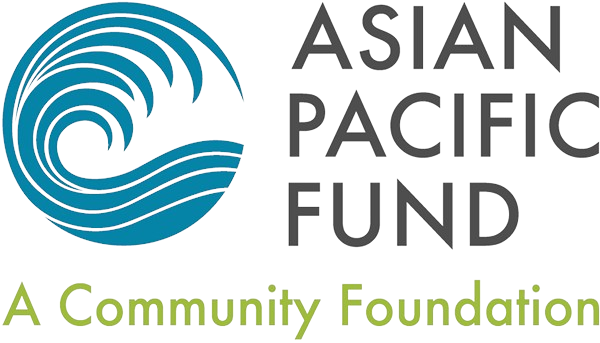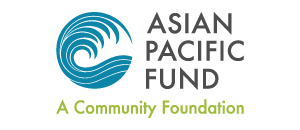Airplane Dreams
Emily Chen, Best in Class
Grade 9
San Jose
She was another 2 a.m. arrival at the San Francisco airport, stumbling along while cursing planes in muttered Chinese. The generation of archaic boats flushed with wishes of rosy-cheeked immigrants wheezing into harbors was long gone. Now, aspirations dipped downwards with passengers, tilting and rocking to the rhythms of humming airplanes.
This girl had no high hopes, no wistful dreams. Her tongue tripped over pebbly English syllables as airline attendants glared at her impatiently. She exuded “greenhorn.” She reeked of her ancestry. The instant that girl stepped into the milling crowds, she brought in a piece of China–the torrents of stories, legends, and customs that had filled her youth.
This rich culture that girl brought to America retrogressed into an amalgam of stereotypes. Chinese heritage is lost upon our generation; we only know the painful pencil strokes of copybook characters, the monotonous voices of afterschool teachers, the silk portraits of overweight emperors with black waterfall beards on the rare occasions that our parents insist on a venture to an art museum. We don’t superficially relate to much besides the food, really.
But bits and pieces of Chinese culture haunt our daily lives, whether it be the race for good grades or the deference we show our elders. Immigrants shape memories of their homeland like clay to fit the molds of new homes. Airsick in the stuffy airport, that girl was Chinese, with accented English and short black braids. Years later, she is still decidedly Chinese, taking on a different tone of voice when she tells me about the misunderstood empress Wu Zhao, her grandmother’s tailor shop in Tian Jing, the porcupine-shaped red bean buns her father made on the weekends. She’s Chinese when wearing Tommy Hilfiger and leather heels, when ordering weekend pizza and following NBA. The values she prizes from “when she was a girl” are ingrained in me.
When my parents scorn a B or chastise me for not properly greeting a visitor, I roll my eyes and tell them they’re old-fashioned. When they bring out slippers for the piano teacher or purchase gifts for my teachers at Christmas, I shake my head and say that that’s not the American way, Mom. But this traditional behavior is what truly screams “Chinese.” Respect, excellence, restraint, eyes on a target.
Growing up in America, the word “Asian” is associated with various forms of dumplings, debates with broken-toothed vendors, and “99%? Why not 100?” Though we lose touch with our motherland culture, our discipline, tenacity, and lofty educational goals belie self-created stereotypes. We have grown up Asian and will always be Asian, all the while denying it.
One day, I will be teaching my children Chinese rhymes as they wash up for dinner. I’ll give their teachers $50 Macy’s gift cards for Christmas. I’ll buy mooncakes for the mid-autumn festival. I’ll teach them the values of respect for all, how to light high-flying goals like lanterns to light your path, how to chase down dreams that rise and dive like airplanes. It will be my turn to show them what it means to be Asian in America.

